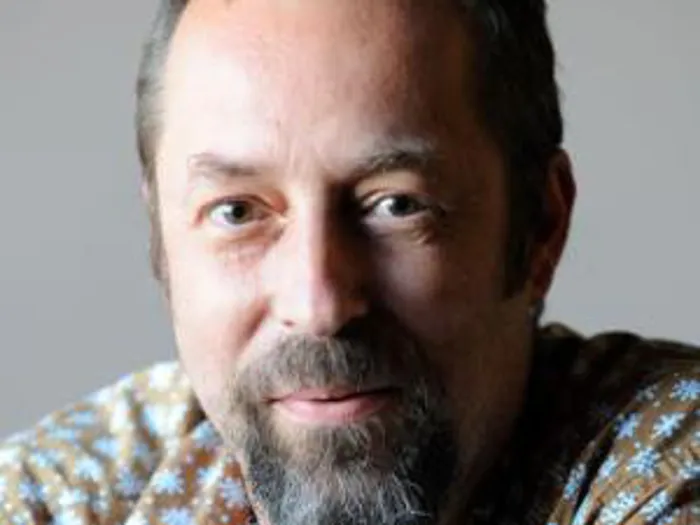Critical questioning absent on China

Rory Williams Rory Williams
Rory Williams
When Sting sang, “I hope the Russians love their children too”, he was singing about the human drive for preservation during the Cold War in the 1980s. Cold War policy was based on the idea of “mutually assured destruction” that would deter each side from launching the first missiles against the other.
Today we have economic front lines manned by diplomats telling a tale of mutually assured construction where everybody is supposed to win through engagement, like under the African Growth and Opportunity Act that the US and SA have been unhappily arguing over.
Will we be happier with China-Africa relations, following the Forum on China-Africa Co-operation summit?
Reading the hyperbole around FOCAC last week, you could be forgiven for thinking that China was about to save the African continent. From what, I’m not sure, but so much uncritical genuflecting at the feet of our new saviour left me nauseous.
It was all about big dollar signs and dreams of things we apparently cannot do on our own. And it’s all premised on an insatiable appetite for consumption-based growth – the very thing that has led to the environmental crisis being discussed right now in Paris. So we’d better hope the Chinese love their children, too.
The story goes like this. China cannot meet its need for resources for manufacturing within China, and also relies on global markets to sell what it creates. So its companies are building a global network to support mining, manufacture and distribution.
In the West, this infrastructure is already in place, but South Africa is a bit slow at our end of the production line, so they are giving us a push. And we don’t mind, because it’ll create jobs and generate taxes, so we’ve signed some memorandums of understanding that cover things from health and education to everything else needed for industrial growth. The list reads like a toolkit of things you’d need if you were starting from scratch on the Moon.
But we have an established economy with specific strengths and shortcomings, so we negotiate the terms of the agreements to make sure we benefit, and don’t end up wrapped around China’s finger.
In the absence of critical questioning, though, how can we be sure we will really benefit in the long term?
Here is a scenario. Economists say instead of exporting iron ore, we should turn it into steel to create jobs and sell it at a higher value. Or, even better, turn steel into finished products and sell those. So China says okay, we’ll move that part of the process to South Africa, as long as we can still employ Chinese to do the work in Chinese companies.
They have already set up lending institutions to get their businesses established and running here. And they’ll need agreements with Sars to ease repatriation of profits and synchronise taxation and customs arrangements.
Now manufacturing needs power, and Eskom is barely coping, so in steps China to upscale Eskom to supply what is needed.
But the mines don’t cope either, so the Chinese buy a few and increase production, saving costs by owning another component of an integrated production process.
With all this imported labour, there isn’t enough housing, so they provide a loan to another Chinese company to build homes. More Chinese companies spring up to manufacture fridges, sofas and TVs for those homes, more Chinese move here and the cycle continues. The same goes for water and sanitation for industry, building roads, and manufacturing trains and cars.
All of these things, apart from the houses, are mentioned in the MoUs that were signed last week.
I have no problem with people and businesses moving here from China or any other country. Investment can be good.
But I have a huge problem with not asking hard questions about whether our country is up for sale. It appears that no sector of our economy will be untouched, but how much of the billions in investment is coming to SA companies? What will it cost us in concessions? Is it all as big as it sounds, and is this the best way for us to regain control of an out-of-control economy? How will this include the marginalised?
Chinese citizens are probably asking similar questions about us: Why should South Africans get our jobs? Will SA use our expertise to take over what our factories are doing now? Do they love their children?
@carbonsmart